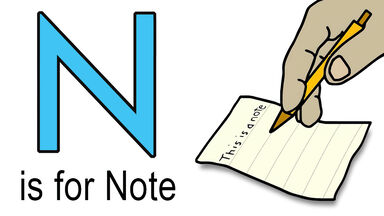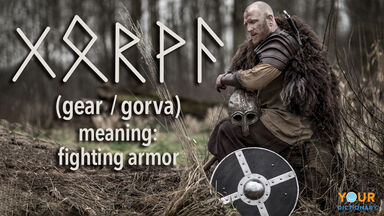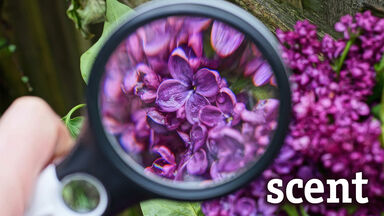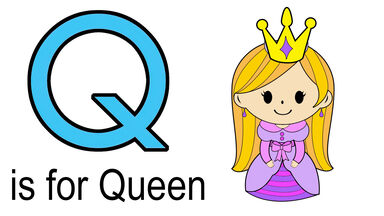The " accolade " may etymologically refer to the embrace, accompanied by a blow with the hand, characteristic of the longer form of knighting.
In Leland's time the market was held at Marhasdeythyow (Forum Jovis), and both Norden (1582) and Carew (1602) tell us that Marcajewe signifies the Thursday's market, which, whether etymologically sound or not, shows that the prior's market had prevailed over its rival.
Etymologically the word "silver" probably refers to the shining appearance or brightness of the metal.
Praevaricare meant literally to walk with the legs very wide apart, to straddle, hence to walk crookedly, to stray from the direct road, varicus, straddling, being derived from varus, bow-legged, a word which has been connected etymologically with German quer, transverse, across, and English "queer."
We cannot to-day determine the exact homes or provenance of these freebooters, who were a terror alike to the Frankish empire, to England and to Ireland and west Scotland, who only came into view when their ships anchored in some Christian harbour, and who were called now Normanni, now Dacii, now Danes, now Lochlannoch; which last, the Irish name for them, though etymologically " men of the lakes or bays," might as well be translated " Norsemen," seeing that Lochlann was the Irish for Norway.





